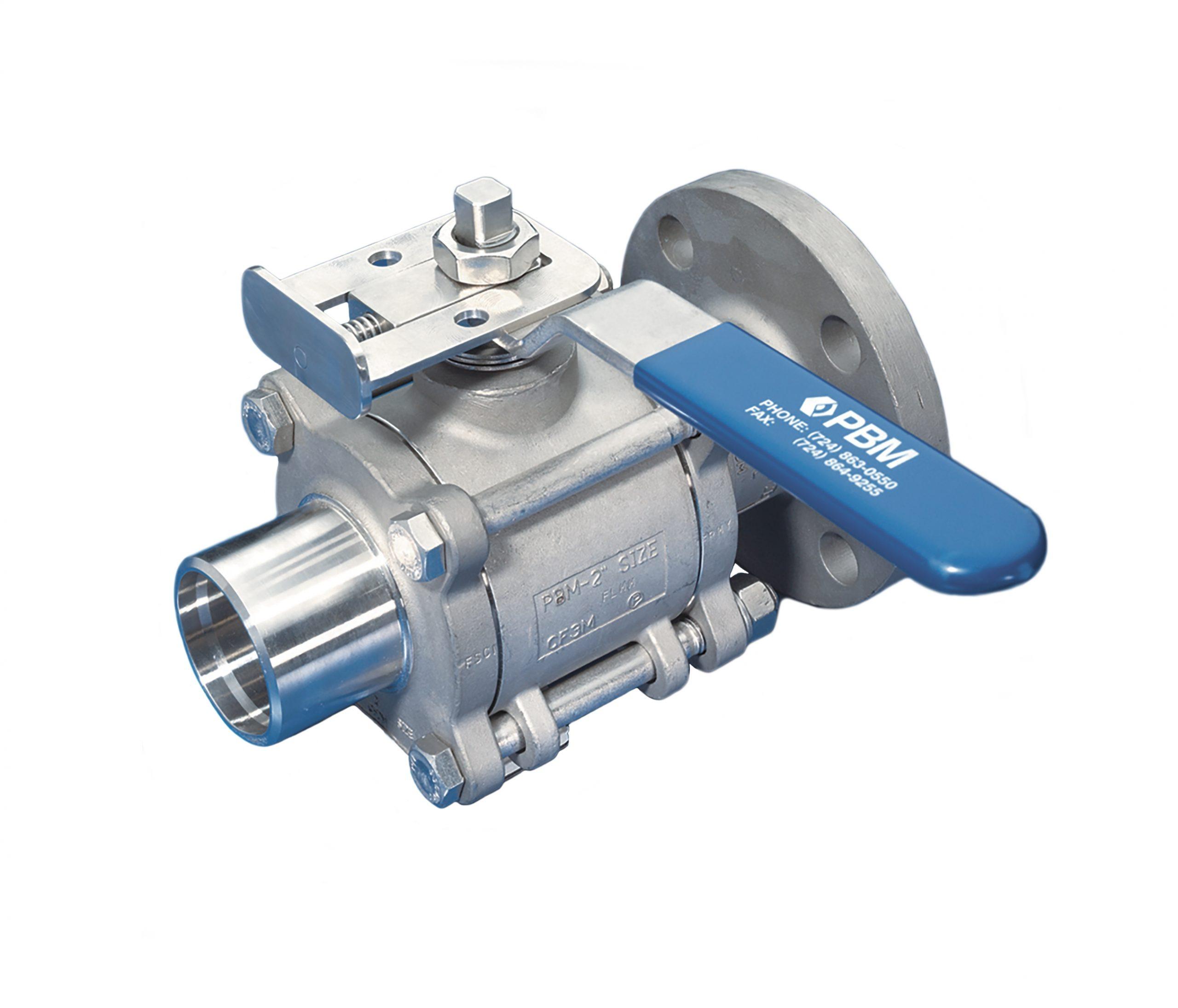Maintaining industrial valves is one of the most critical aspects of ensuring smooth operations across various UAE industries, from oil and gas to manufacturing, water treatment, and petrochemicals. The harsh climatic conditions, high operational demands, and exposure to corrosive environments make proper valve maintenance a necessity rather than an option.
Understanding the Importance of Industrial Valve Maintenance
Industrial valves play a vital role in controlling the flow of liquids, gases, and steam within industrial systems. In the UAE, where extreme heat and dust are common, valve performance can deteriorate quickly without regular inspection and servicing. A well-maintained valve helps prevent leakages, enhances energy efficiency, and minimizes unplanned shutdowns, which can be costly for large-scale operations.
Ignoring routine maintenance often leads to corrosion, clogging, and seal failure, resulting in pressure losses and safety risks. Hence, scheduled valve servicing not only extends equipment lifespan but also ensures compliance with industrial safety standards.
Regular Inspection and Cleaning
The first step toward efficient maintenance is a thorough inspection. Operators should check for signs of wear, corrosion, or leakage around seals and joints. In industries such as oil refining and desalination, valves are constantly exposed to moisture and chemicals, making regular cleaning essential. Using mild cleaning agents and proper drying techniques prevents the accumulation of residue that can hinder valve movement and sealing efficiency.
Lubrication and Seal Replacement
Lubrication is an often-overlooked aspect of valve care, yet it directly impacts performance. Applying the right industrial-grade lubricant reduces friction between moving parts, ensuring smoother operation. In addition, seals and gaskets should be replaced periodically to prevent leakages. For industries operating under high temperature or pressure conditions, such as petrochemical plants, using high-quality sealing materials is vital to maintain durability and system integrity.
Calibration and Pressure Testing
Calibration ensures that valves operate within the required pressure and flow parameters. Over time, calibration can drift due to wear or mechanical strain, leading to inefficient performance. Pressure testing helps verify the valve’s ability to handle designated loads without leakage or malfunction. For UAE industries, where reliability and precision are crucial, these tests should be part of the standard maintenance routine.
Adopting a Preventive Maintenance Schedule
A preventive maintenance plan is far more effective than reactive repairs. Recording inspection dates, performance notes, and replacement history helps engineers anticipate issues before they escalate. In sectors such as water treatment and manufacturing, this proactive approach ensures uninterrupted operations and reduces the risk of costly downtime.
Partnering with Experts
For best results, industries should collaborate with certified valve maintenance specialists familiar with local UAE regulations and environmental factors. Expert technicians not only offer technical know-how but also recommend suitable industrial valve types and materials tailored for specific applications, enhancing long-term reliability.



